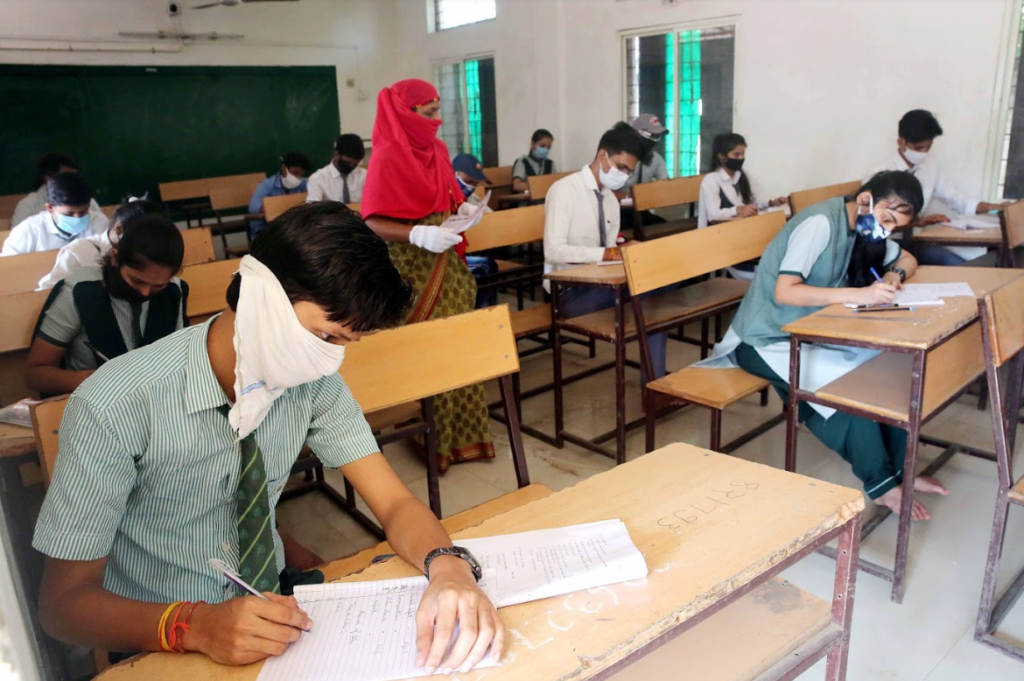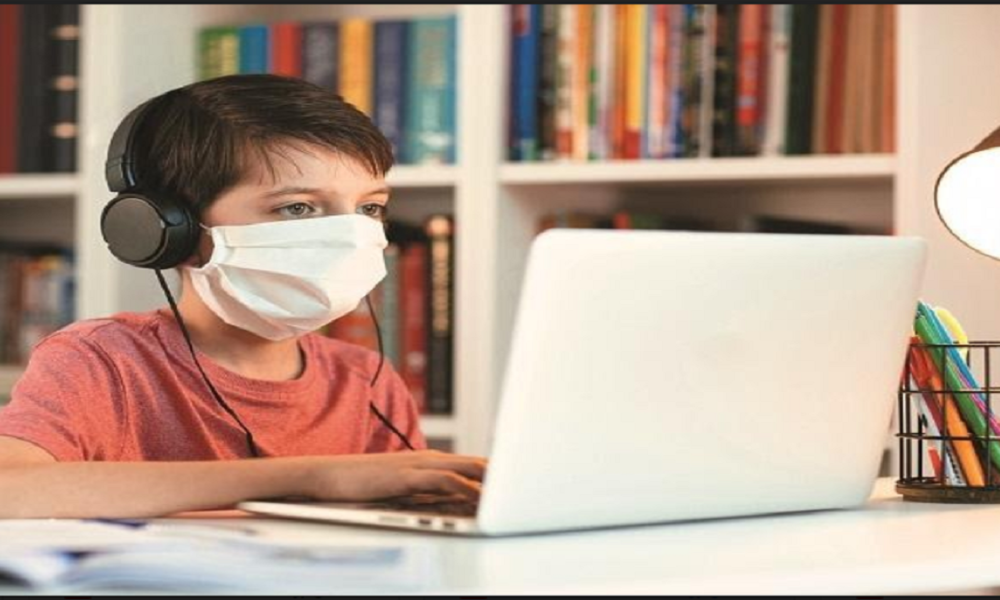‘God please reboot 2020…it has a virus!’
The line went viral while we wondered how we would be seen rebooted. As we all make an enormous effort to survive the Covid-19 days, we have to admit that a lot of things shall never be the same. Amongst these, schools in particular shall witness a huge transformation, both structurally and intellectually. Change is not the word here; it’s an evolution of learning that we shall be experiencing. We are definitely looking at “disruptive education models of learning”, so to say, but this disruption is welcome for various reasons.
We used to continuously envision a future with more and more advanced technology and pedagogy. However, we now realise we are already in the future and all of what we do today to realise it shall transform what we face in years to come.


Before the Covid-19 epidemic, everything seemed just about perfect. It took a virus to stop us from being complacent on issues that should have been concerns. Today we realise, especially in the arena of education, that what we were doing, thinking it was right, was rather anchored in the past centuries and failed to successfully address the digital age whose pervasiveness was fully realised only now. Therefore, we needed to break free from a few established models and redesign our teaching and learning. This sudden change has redefined our classrooms and lessons. In addition, it has made us tech-confident. We are all customising education to adapt it to the needs of the child and the times. It speaks volumes about how teachers have adopted and adapted to technology which was formerly presumed to be a huge threat. This comes with both pros and cons that have challenged educators to now focus on the micro-details.
The first set of challenges starts with our failure to demarcate the use of technology to teach versus innovative tech-based teaching. A common mistake here is to imitate the physical infrastructure and design of the school and classroom during online classes. The online classroom is neither a normal classroom nor similar to home-schooling, and teachers and parents do not have to compare the situations. The content creation for the online teaching-learning process has to be different from our normal lesson plans. We shall fail miserably in delivery of content and engagement unless we add innovation and creativity to it. A lot of educators tend to be omitting this detail and of course then, the results are not encouraging.
Once we have handled the content, assessment presents the next hurdle. For once in ages, it brings me pleasure that we will be redesigning assessment. This was long due and has set the course for innovation, creativity and digitisation. We also know that school is not just about books and assessments. But the importance of acting upon such knowledge has become crucial for educators now, since rather than the routine enrichment classes and activities in the child’s day that often made an impact only on the timetables, lovely modules are being planned and delivered to suit the customisations of a digital learning space that keeps the child engaged and involved. We need to align ourselves with the idea that online is the best option as of now, so let’s create some magic there.
Another concern that we are all struggling with is the increasing screen time. Well, we will have to manage that. We have to differentiate between the essential screen time and the nonessential one. Parents will have to accept the responsibility of being facilitators at home and step in to moderate the child’s daily routine. Just like the way we manage the diet plans. The schools must plan synchronous and asynchronous modules to maintain a balance.
A big challenge staring right at us is how the schools will be like when they reopen requiring huge deliberation and pre-emptive planning. This pandemic has thrown open new areas of concern which test the strength and sincerity of management, staff and every other person involved in running a school. We need to think about how to transport kids to schools, levels of sanitisation, classroom seating, assemblies, activities, etc, while observing physical distancing all this time. Schools have to gear up for huge investments, both in terms of training and infrastructure. We are human-loaded organisations, a place where sharing and caring have been propagated for ages. What is the new normal going to be? A tough, impending question.
One mistake that schools must not commit is go back to the old ways of teaching and learning. We must consider this as training for the future and making up for past inefficiencies. This will be the new benchmark and we will have to consciously create it. Technology is here to stay and must be gainfully embraced and fear of it replacing the teacher has to be shunned — education cannot work without human touch. The position of the teacher cannot be undermined, for technology cannot bridge the gaps and build relationships like a teacher can. Let us also not forget that schools have been working while everything else closed down. A one-hour class needs hours of preparation, resources, sacrifice of precious family time and a lot of courage besides shuffling tasks at home. It is not easy. Teaching is serious business and education is essential to life. There are no options here. Parents will have to understand this stage of metamorphosis and be careful about jumping to conclusions and judgements. Gaps will be there but hopefully not for long.
Experiential learning will continue to be inevitable. In days to come, we shall welcome back a group of children with high anxiety levels, technology prone, dependent and possibly lazy — the levels varying tremendously. This in itself will be a task to handle. With the social and emotional quotients visibly low, the balancing will have to be brought in slowly but consciously. This will require sensory-based immersive teaching processes. We will have to work on the 4Rs in learning — Restructure, Redesign, Reimagine and Reinvent. Standardisation shall not work.
We are looking at a whole new school culture here. The teacher will have to lead this change and the parent has to scaffold it.
The writer is director principal, Sarvottam International School, Greater Noida West






















